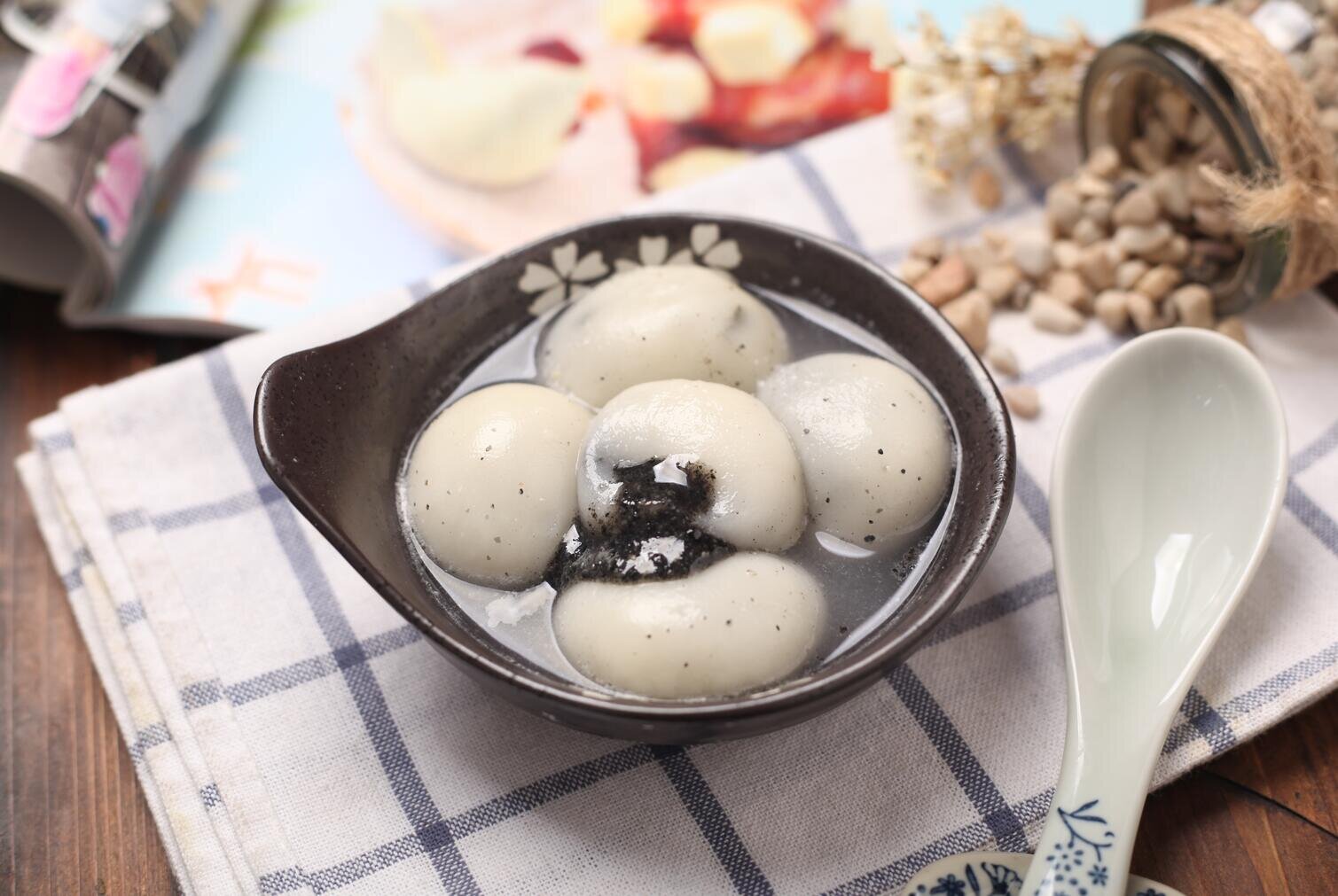What’s on Our Plate? - 年夜饭
The dinner you eat on Lunar New Year’s Eve is called 年夜饭 (nián yè fàn), meaning “New Year’s Dinner” or “Family Reunion Dinner”. This meal takes place with as much of the family present as possible and calls for many symbolic traditions in the dishes prepared.
Our student team at UBC INSTRCC comes from various backgrounds and everyone has their own food traditions when celebrating LNY. As the folks behind this social media campaign, we thought we’d share what’s usually on our plate!
Foods that the Kwans eat for Lunar New Year! - Melissa Kwan
“Gong Hei Fat Choy! 恭喜發財!
With lots of lucky candies, a spread of sweetened winter melon and dried lotus seeds in the Chinese candy box, and red banners hung on the wall, you know that Lunar New Year is fast approaching! Our family celebrates the Lunar New Year by incorporating traditions and recipes from Hong Kong. We like cooking up tasty dishes such as brown sugar nian gou (年糕), pan-fried turnip cakes (蘿蔔糕), and my favourite Chinese dessert, sesame tang yuan (芝麻湯圓). The pan-fried turnip cake is the star of the table as people love this snack, and the nian gou is absolutely essential to the Cantonese celebration of the Lunar New Year. Nian Gou means New Year Cake, so this indulgent treat fools you into thinking it is much more than a simple mix of water, rice flour, and lots of sugar. Each dish on the table contributes to the spirit of the New Year and it’s always great to reunite with family over food as we ring in the New Year in a festive way!”
Celebrating far from home - Patrick Leong
“When I moved to France for school, I felt so far from family--and from accessible Chinese food. No matter how hard it was to find the ingredients, Lunar New Year was a tradition I kept with me. I would make dumplings with my Singaporean roommate, Jasdeep (pictured here), who would contribute his own curries too. The day became not only a reminder of my heritage and family but also an important celebration of friendship."
“My Singaporean roommate, Jasdeep”
Any excuse to eat Peking duck, right? - Gillian
Peking Duck (北京烤鸭)
“With the exception of this year, we go to dinners with my dad’s side of the family and my mom’s side on different Saturdays. My dad’s side always goes to a Cantonese seafood restaurant, and we exchange red envelopes and enjoy a huge banquet. On my mom’s side, we’ll sometimes go to another Cantonese restaurant and order a similar banquet, and also do the red envelope exchange. Any excuse to eat Peking duck, right? But Chinese food is not always on the menu with her side. Last year we had sushi, and other years we had Greek food at a small restaurant in Steveston. This year, we do not have any plans to celebrate.
Oh, and the most important aspect of our festivities: go a week before or after Lunar New Year to avoid the restaurant crowd.”
What your hot pot sauce says about you - Daniel Chen
“The perks of big family dinners are the variety of dishes. Living with just my parents and my sister, far away from my relatives in Beijing, means we have to scale back a bit for 年夜饭. My mom loves to bust out the hot pot stove for any celebratory occasion. Having plates and bowls of colorful meats and veggies spread across the entire table makes the night feel like a feast.
Everyone has their preferences for hot pot, but it’s the sauce that shows where you’re from. Beijing-styled hot pot is known for its sesame sauce mixed with cilantro, green onion, and crushed peanuts. The way we make it is with sesame paste (芝麻酱), fermented bean curds (腐乳), chive flower dip (韭花酱). We then mix it all together with the hot pot base (or hot water works fine)/ The aroma from the sauce complements the meats and adds flavor to the veggies. The herbs neutralize the richness of the sesame and add a refreshing touch to every bite.”
What do you eat during Lunar New Year?




